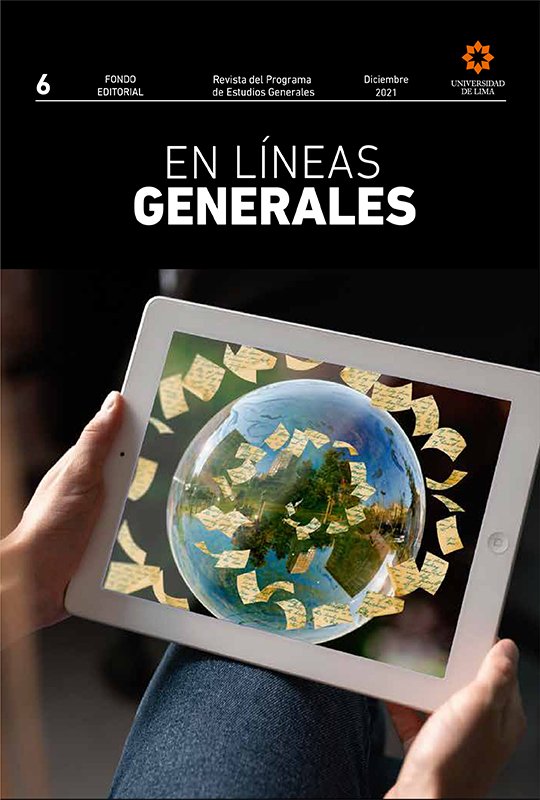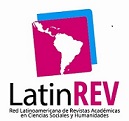A Reflection on the process of adaptation to the pandemic in higher education
DOI:
https://doi.org/10.26439/en.lineas.generales2021.n6.5587Keywords:
education, educational innovation, learning, conversational skillsAbstract
The pandemic has caused the most tremendous disruption of education systems in human history. It has affected nearly 1,6 billion students in more than 200 countries. The closing of schools, institutions, and other learning spaces has affected more than 94 % of the world's student population. This has brought profound changes in every aspect of our lives. Policies of social distancing and restrictive movement have significantly disrupted traditional educational practices. The current need is to innovate and implement alternative education systems and evaluation strategies. The pandemic has allowed us to pave the way for digital learning. This article reviews changes in digital pedagogy that have taken effect in response to the pandemic. It addresses the challenge of achieving the equivalent of a ten-year learning process in a few months. From the view that pedagogy in higher education is an arena of experimentation of human development, the characteristics of a digitally enabled pedagogy and its alignment with theories of human development, are evaluated. It believes that the opportunities generated by digital transformation and human development processes are appropriate to facilitate new approaches in the academic practice of higher education.
Downloads
References
Anderson, V. (2020). A Digital Pedagogy Pivot: Re-Thinking Higher Education Practice from an HRD Perspective. Human Resource Development International, 23(4), 452-467. doi: 10.1080/13678868.2020.1778999
Echeverría, R. (2009). Escritos sobre aprendizaje. Recopilación. J. C. Sáez Editor.
Echeverría, R. (2013). Ética y coaching ontológico. Granica.
Henriques, D., Pereira, R., Almeida, R., y Mira da Silva, M. (2020). IT Governance Enablers. Foresight and STI Governance, 14(1), 48-59. doi: 10.17323/2500-2597.2020.1.48.59
Kotter, J. (2002). The Heart of Change: Real-Life Stories of How People Change their Organizations. Harvard Business Review Press.
Leonhard, G. (2018). Tecnología versus humanidad: el futuro choque entre hombre y máquina. Fast Future Publishing.
Mitra, S. (2020). The School in the Cloud: the Emerging Future of Learning. Corwin.
Olalla, J. (2010). From Knowledge to Wisdom: Essays on the Crisis in Contemporary Learning. Newfield Network.
Terentim, G., y Gonçalves, V. (2020). Gestão de Mudanças em Abordagens Ágeis: HCMBOK to Agile. Brasport





